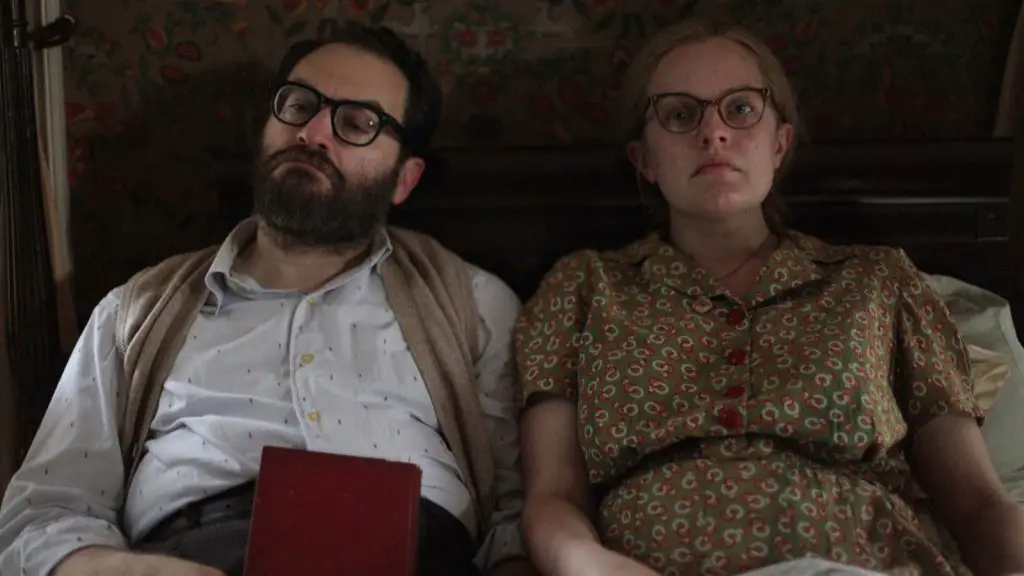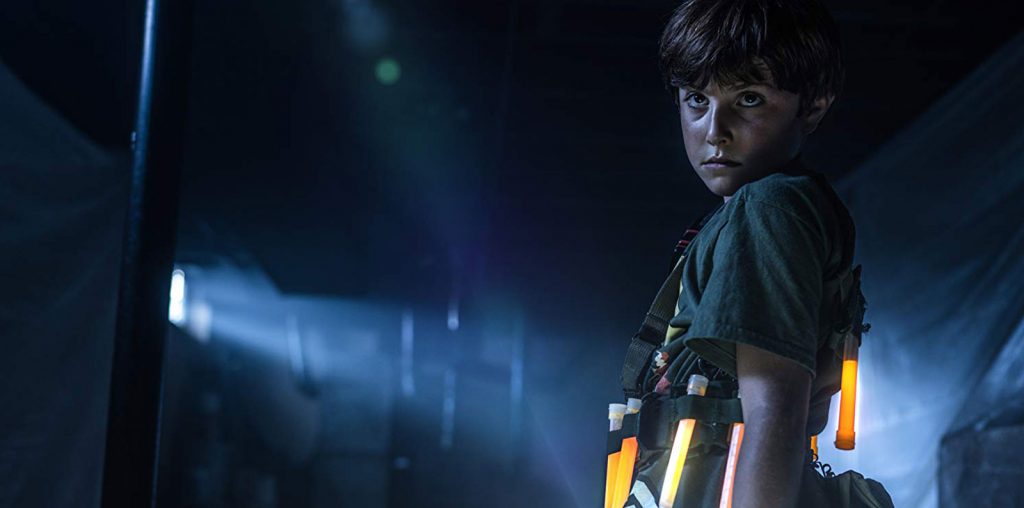
“The Ballad of Jack and Rose” might not have been a bad film if its characters never said anything and some obnoxious visual metaphors were removed. As it is, Rebecca Miller’s tale of generational conflict and sexual confusion is an unfortunately hollow film that believes itself to be much more important than it actually is. I shudder to think of what a lesser cast would have done with this material’s obvious, whiney and stilted dialogue, but the actors present makes a noble effort to bring the film to life, failing only because of the weakness of the screenplay.
Daniel Day Lewis and Camilla Belle star as the titular father and daughter who, in 1984, live in seclusion in the remains of a former utopian commune on an island off the east coast of the United States. Jack is dying, and is troubled to hear that his daughter, who has never known anything but her father’s love, plans to kill himself as soon as he dies. Disturbed by the idea of his love and his legacy dying at the same time he does, he decides to bring his girlfriend (Catherine Keener) and her two sons to live with them in order to give Rose a taste of the outside world. Rose doesn’t take kindly to these three strangers, and assaults them with a combination of disdainful glances and sexual advances.
At the same time this invasion takes place, another one is going on as a developer puts up generic houses on the island’s wetlands. Jack reacts by complaining and occasionally shooting at a construction worker or threatening the owner of the development company. As someone who believes in much of Jack’s idealism, even I found the overwrought dialogue and intermittent spurts of action insufferable.
The character of Rose communicates little more than confusion, as if Miller believed that since the character was conflicted and angry, she could participate in any random action with no consistency or justification and still be seen as sympathetic. Camilla Belle tries her best, but has no luck creating a real person out of a series of screenwriting whims. Only in the last half hour or so do the characters adopt multiple dimensions, but by that point they’ve lost all credibility.
The slight characters combine with trite and pretentious symbolism to the point where the film is almost a parody of itself. If it weren’t laughable enough to see a snake crawl out of a cage while a girl loses her virginity with an unexciting, unpleasant partner, the scene after, where she looks at her bloody sheet and does a happy dance, makes it hard not to laugh at out loud. Mel Brooks in his prime couldn’t have done anything to make more fun of the scene than it does of itself.
Miller and cinematographer Ellen Kuras achieve a much better look than they did in “Personal Velocity,” which proved that you can’t shoot on DV the way you would with film, no matter how much smoke you pump into a room. (That cinematography somehow won Sundance’s cinematography award, I can only assume in honor of Kuras’s career). The idyllic island’s hills and vegetation are captured with cameras that swoop in, and then swoop in some more, as if attempting to make up for a stagnant screenplay with grand visuals. If that was the plan, they should have kept swooping.

